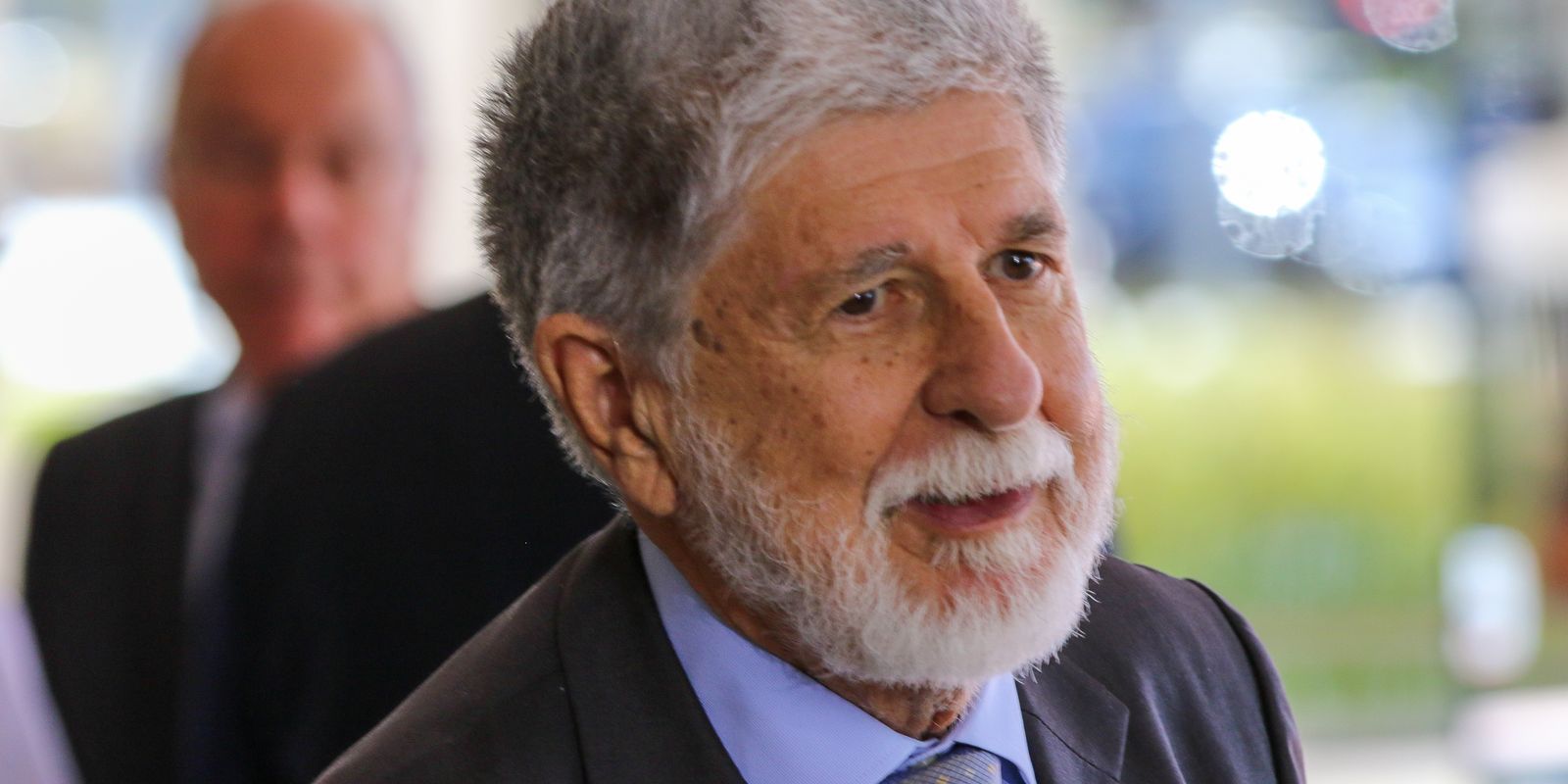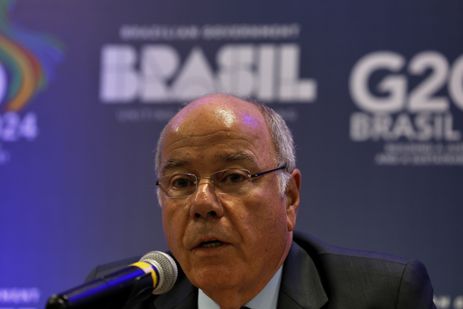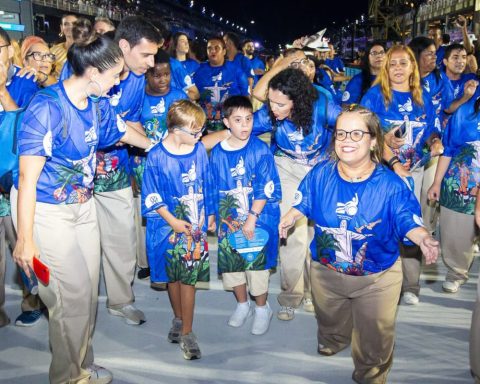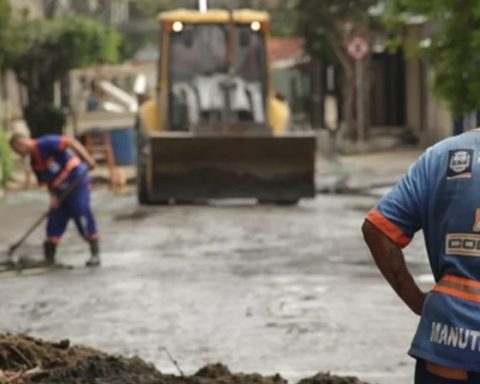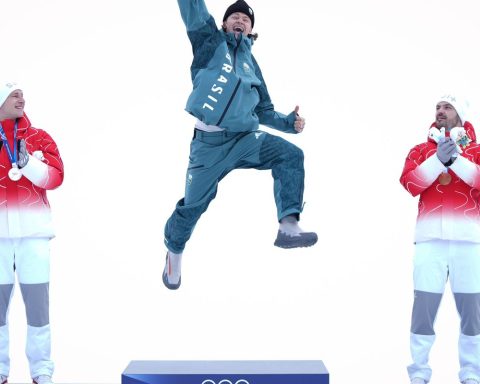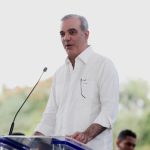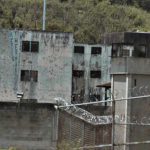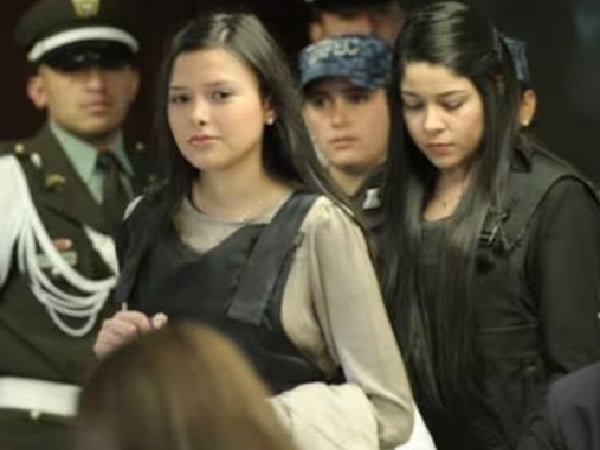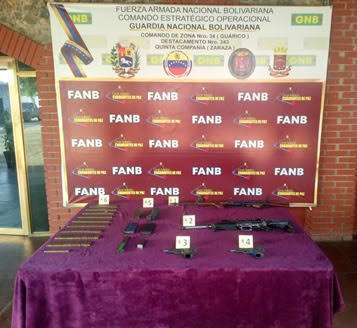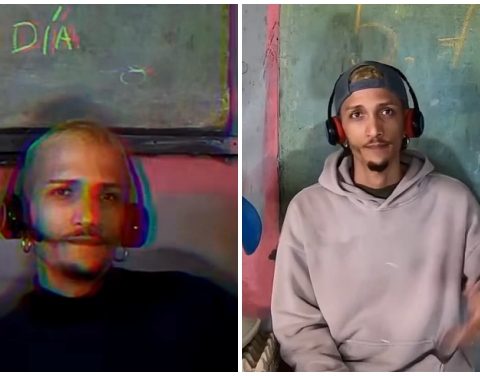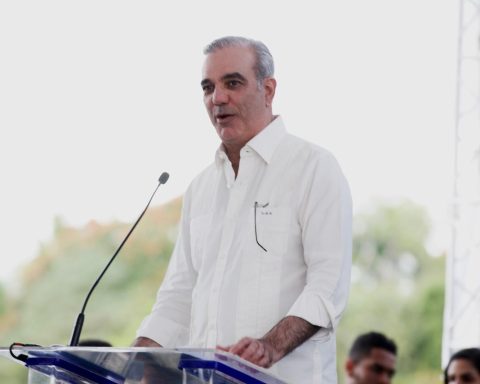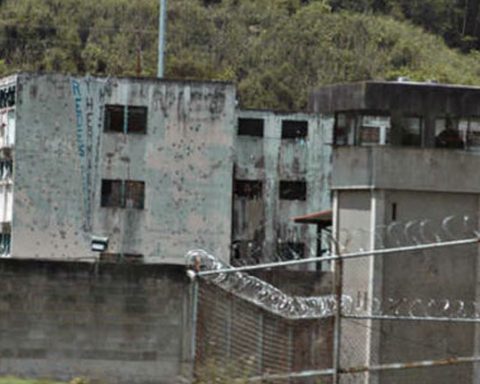The Brazilian government’s two main interlocutors for international affairs must go to the Senate’s Foreign Affairs Committee (CRE) to explain Brazil’s performance in the Venezuelan elections.
The Commission approved this Thursday (8) invitations for the special advisor to the Presidency of the Republic, Ambassador Celso Amorim, and the Minister of Foreign Affairs, Mauro Vieira, to attend the collegiate.
The first to appear before the Senate will be Ambassador Amorim, who was in Venezuela during the election and met with President Nicolás Maduro.
“We are willing to invite Ambassador Celso Amorim to attend next week, on Thursday (15), and Minister Mauro Vieira will follow. We just need to agree on a date with the Minister and the senators,” said the president of the CRE, Senator Renan Calheiros (MDB-AL)
Renan informed that Minister Vieira will be traveling for the next two weeks and, therefore, the meeting with the head of Itamaraty should be held when he returns.
The requests to call Brazilian government representatives for international affairs were presented by opposition senators Ciro Nogueira (PP-PI) and Tereza Cristina (PP-MS).
In the case of Celso Amorim, the request presented by Senator Cristina was to summon the ambassador. Unlike an invitation, a summons creates an obligation for the person to attend the session. However, an agreement was reached to exchange the summons for an invitation.
Venezuela Crisis
Brazil has been mediating the crisis that opened up in Venezuela after the presidential elections on July 28. The Caribbean country’s National Electoral Council (CNE) gave the victory for current president Nicolás Maduro by 51.95% of the votes, against 43.18% for 2nd place, opponent Edmundo González.
The CNE, however, did not publish the data from each of the more than 30,000 polling stations, as required by Venezuelan law. The opposition questioned the data and presented alleged electoral records that show that Edmundo had more than 60% of the votes. The opposition has called for the military to intervene and government accuses attempted coup d’état.
O Brazil, Mexico and Colombia have requested that the authorities publish the original documents by polling station and advocate a solution through institutional means. The impasse ended in Superior Court of Justice (TSJ) of Venezuelawhich opened an investigation into the electoral process.
